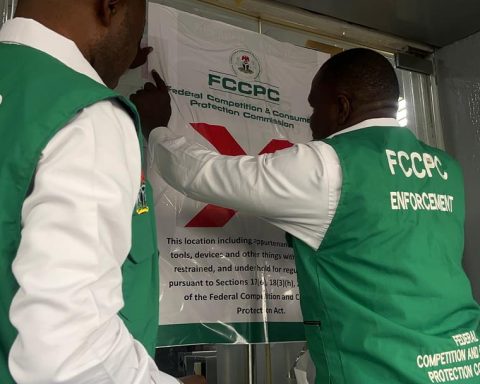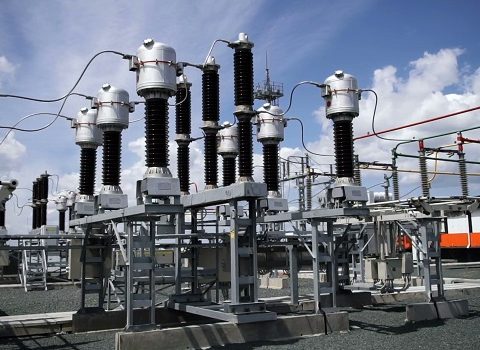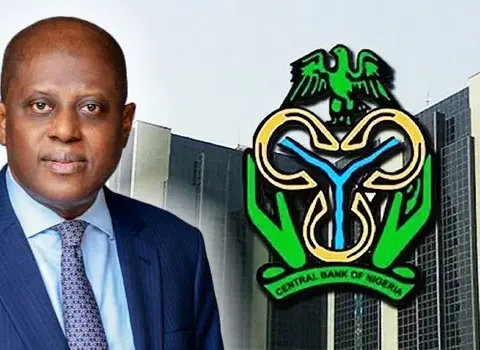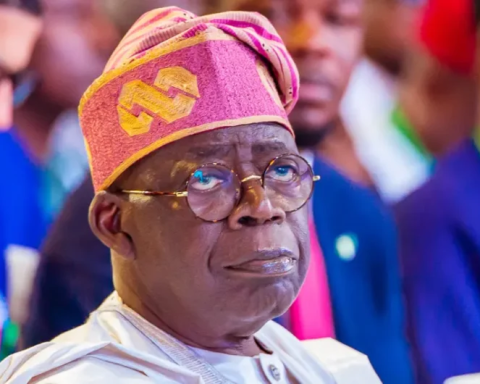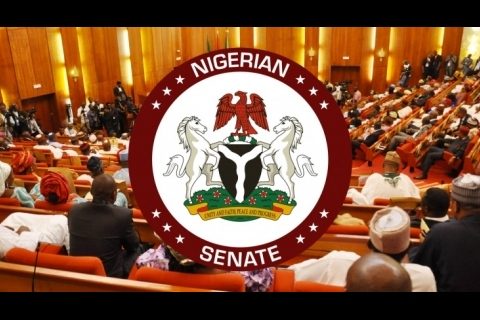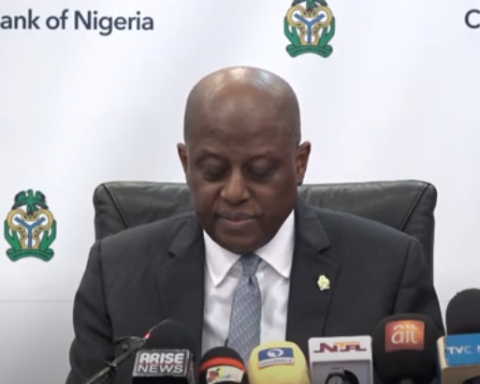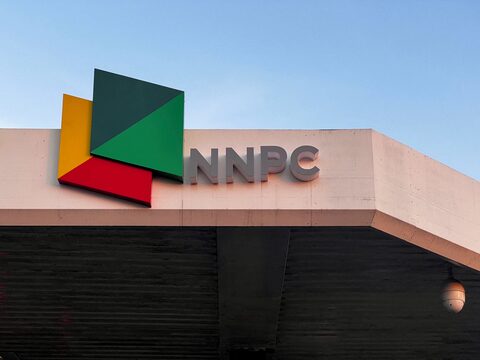The Nigerian Electricity Regulatory Commission (NERC) has clarified that all states that have assumed full regulatory oversight over their intrastate markets must either incorporate the full wholesale costs of electricity into their tariffs or provide subsidies to cover any shortfalls resulting from tariff reductions.
The clarification followed reactions by stakeholders over the recent order No. EERC/2025/003 issued by the Enugu State Electricity Regulatory Commission (EERC) to its Licensee, Mainpower Electricity Distribution Limited, to slash Band A tariffs from ₦209/kWh to ₦160/kWh.
Join our WhatsApp ChannelThe order, which is billed to take effect on 1 August 2025, has sparked a nationwide debate on federal vs. state regulatory authority in the power sector.
Stakeholders, including power generation companies (GenCos), kicked against EERC’s move, saying the reduction of Band A tariff to that rate means passing certain electricity costs to the Federal Government, which is yet to pay outstanding subsidy debt.
They argued that Enugu’s tariff reduction created a ₦66.85/kWh gap, which is unsustainable without a clear subsidy framework. They said customers in other states are now refusing to pay bills, demanding similar cuts.
However, EERC insisted that it took the decision after a thorough review of the full costs of getting delivery of power from the national grid and had no justification to keep the Band A tariff at ₦209/kWh.
In a public notice issued on Thursday, NERC clarified that states that have assumed full regulatory oversight over their intrastate markets were now authorised to create and regulate transactions in their State electricity markets within the confines of powers granted to them by the Constitution, the Electricity Act 2023 and their enabling law.
This, according to the Commission, extends to the development of tariff methodologies that shall apply to end-use customers in their respective States.
However, it emphasized that states do not have authority over the national grid or federally licensed power stations. While states can regulate intrastate markets under the Electricity Act 2023, they must account for the full costs of grid-supplied electricity in their tariffs.
READ ALSO: Consumers’ Dilemma As NERC, DisCos Clash Over Meter Upgrade, Replacement Hitches
NERC said: “As States do not have jurisdiction over the national grid and over electric power stations established under federal laws/operating under licences issued by the Commission, they must holistically incorporate the wholesale costs of grid supply to their States without any qualification or deviation in their design of tariffs for end-use customers.”
It explained that this is necessary to avoid distorting the market operations or they should be prepared to provide subsidies for any shortfall in the tariff structure that may affect the wholesale generation, transmission and legacy financing costs in the Nigerian Electricity Supply Industry (NESI).
NERC warned that unilateral cuts without subsidy plans risk destabilizing the electricity market, which already faces about ₦5.2 trillion in federal subsidy debts.
NERC said its attention has been drawn to the increasing stakeholders’ concerns about the Tariff Order issued by EERC.
“It is pertinent to state that the NGN160.4 per kWh was arrived at largely by reducing the current average Generation Tariff of NGN112.60 per kWh to NGN45.75, with an assumption of subsidy component, a difference of N66.85 per kWh,” NERC stated.
It cited Section 34(1) of the Electricity Act 2023, which stipulates that both NERC and sub-national electricity regulators have a statutory obligation to “create, promote and preserve efficient electricity industry and market structures, and ensure the optimal utilization of resources for the provision of electricity.”
It emphasised that neither the Commission nor EERC would take decisions that expose the national grid and wholesale electricity market to a financial crisis in contravention of express powers granted to them by the Constitution.
READ ALSO: Enugu Electricity Regulator Insists On ₦160/kWh For Band A
NERC further said it is currently engaging EERC to resolve “misinterpretations” of grid costs and ensure compliance with federal laws.
It assured its unwavering statutory commitment to making the electricity market properly structured to ensure full cost recovery in compliance with Federal laws.
The conflict highlights the challenges of decentralizing power regulation under the Electricity Act 2023. While states like Lagos and Edo are developing independent energy markets, those relying on the national grid must align with federal cost structures.
Experts have advocated a multi-tariff model tailored to states’ economic realities, not a uniform pricing template, which they argued, have been outdated.
Meanwhile, the EERC, while maintaining that its tariff cut reflects MainPower Distribution’s operational costs and aims to build a “transparent, accountable” state market, invited GenCos to establish local power plants under a willing-buyer model.
Victor Ezeja is a passionate journalist with seven years of experience writing on economy, politics and energy. He holds a Master's degree in Mass Communication.




